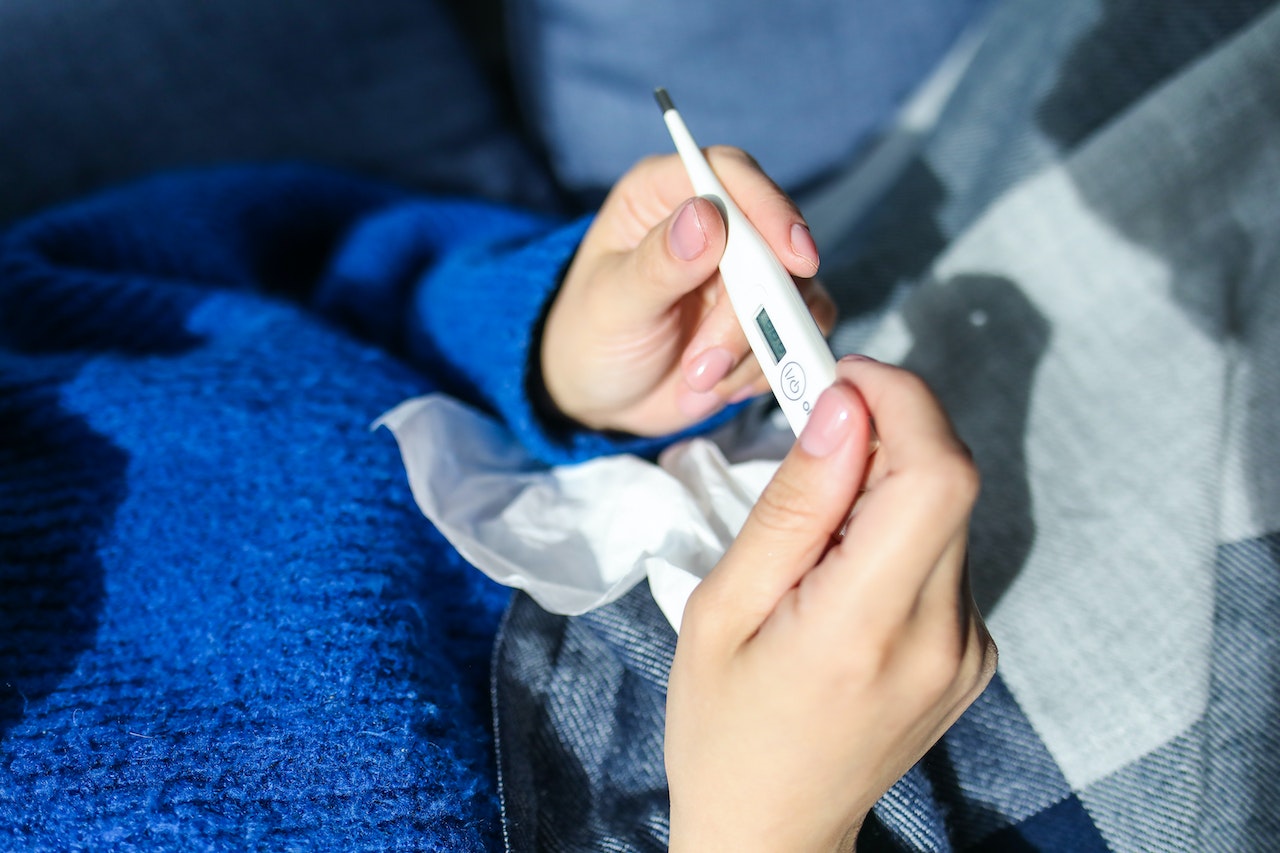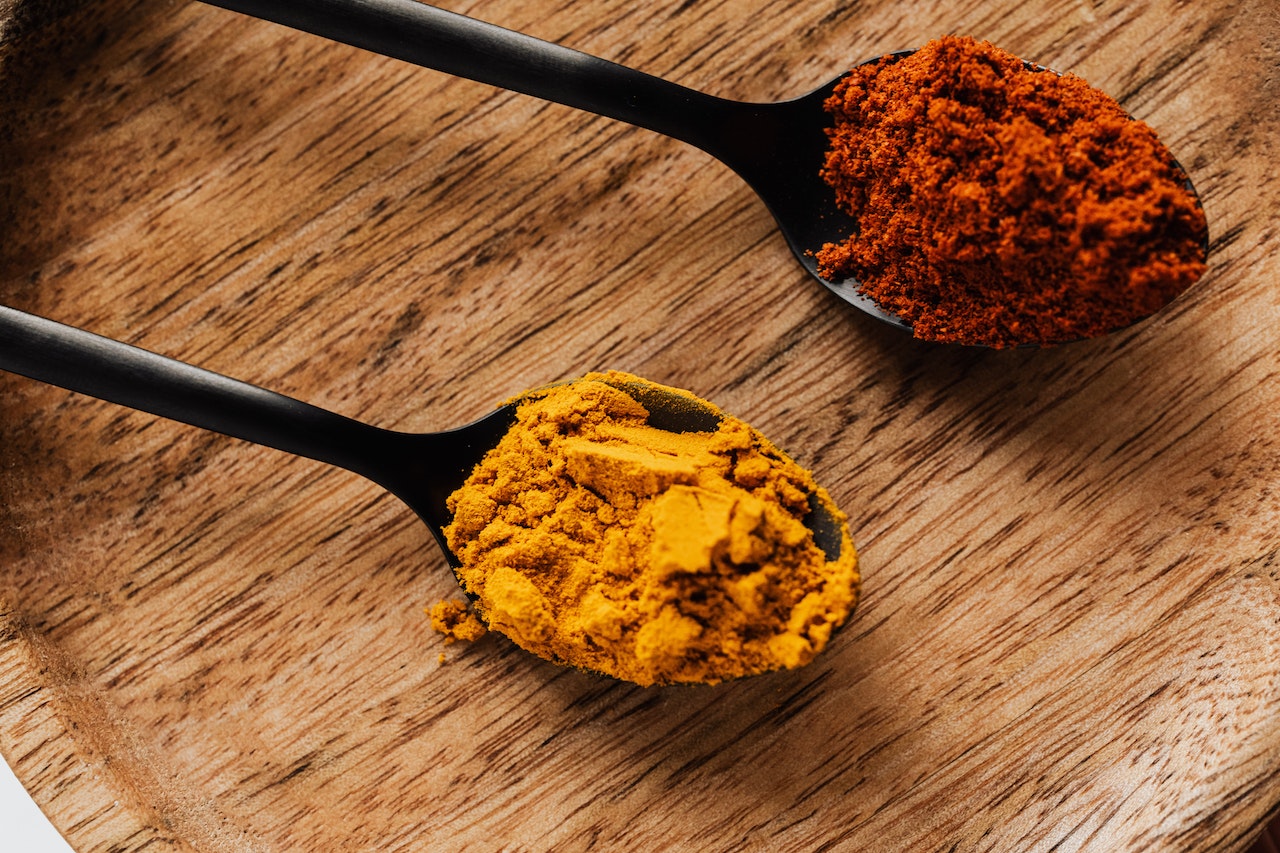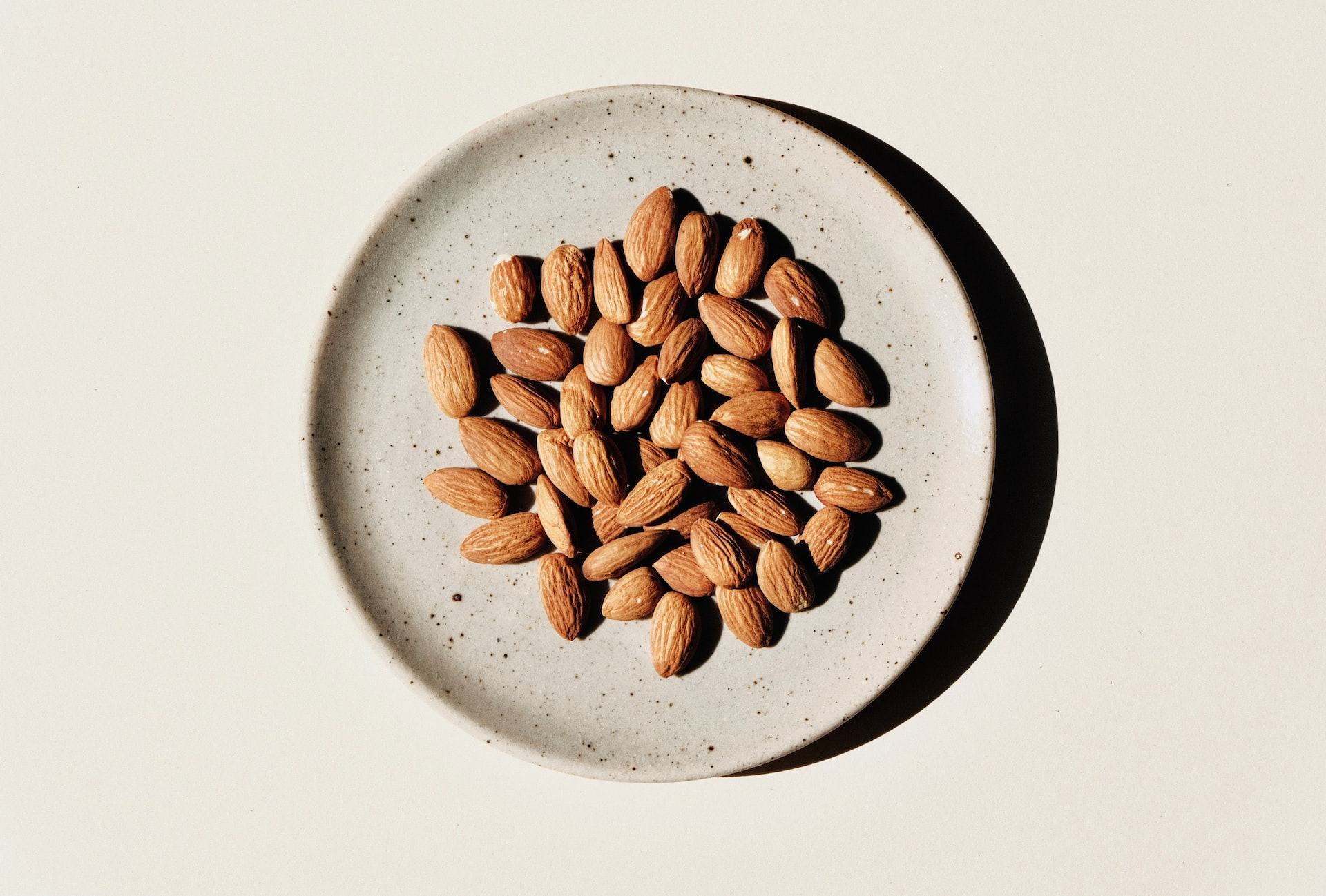Everything You Need to Know about ‘Period Flu’ – Part 1
The ‘period flu’ is a non-formal term used to describe the symptoms many women experience before, during, and after their period. These symptoms can include flu-like symptoms such as excessive fatigue, headaches, joint pain, bloating, cramps, irritability and mood swings. While most women experience some degree of these symptoms, for some women, they can be so severe that they interfere with their daily lives.
What Causes Period Flu
While period flu somewhat mimics flu-like symptoms, this condition is part of premenstrual syndrome (PMS). Many people believe that PMS is a myth or simply a case of being grumpy before your period. However, PMS is an actual medical condition that can cause various physical and emotional symptoms.
The cause of PMS may be different for each individual. Some women have pre-existing conditions such as rheumatoid arthritis or autoimmune disease, which cause the symptoms to flare up right before, during or after the period.
Another possible cause of PMS is hormonal changes. During your menstrual cycle, your hormone levels fluctuate. These changes can affect your mood, energy levels, and overall sense of well-being.
Stress is also thought to be a possible trigger for PMS. If you’re under a lot of stress, your body may be more susceptible to PMS’s physical and emotional symptoms.
Why Do Some Women Have Period Flu While Others Don’t
As you probably know, the menstrual cycle is controlled by hormones. In the first half of the cycle, the ovaries produce estrogen. Then, the ovaries produce progesterone in the second half of the cycle.
These hormone fluctuations can cause all sorts of changes in our bodies, both physically and emotionally. When a woman does not get pregnant, estrogen and progesterone decline, especially estrogen, causing many of these symptoms. This is because the body works hard to adjust to the new hormone levels.
Prostaglandin is another hormone that can cause uterine cramping, often experienced during menstruation. The body produces this hormone in response to various stimuli, which can cause the uterus to contract. This can lead to the cramping and pain that many women experience during their periods.
Some women are more susceptible to these symptoms than others because of diet and lifestyle habits.
If you’re not drinking enough water, you may experience headaches, fatigue, and muscle cramps. Drinking plenty of fluids during your period can help reduce these symptoms.
High salt and sugar intake before your period can also cause swelling and inflammation. If you’re experiencing these symptoms, try to reduce your intake of these foods. Eating smaller meals more often can also help.
A change in your lifestyle habits and diet will help you alleviate these symptoms.
How Do Your Prevent Period Flu
If you’re struggling with PMS, there are things you can do to help ease your symptoms.
The first thing you should do is try to relax. Stress can make the symptoms worse, so take some time for yourself. Exercise can also help relieve some symptoms, so try to get moderate exercise daily. Avoiding caffeine and alcohol can also help, as they can worsen symptoms.
If the symptoms are severe, you may want to consider taking over-the-counter medication such as ibuprofen or acetaminophen. You can also try using a heating pad on your stomach or lower back to help relieve cramps. If you’re still having trouble, talk to your doctor. They may be able to prescribe medication to help ease the symptoms.
Conclusion
It is important to be informed about the various aspects of “period flu” to be able to identify the symptoms and seek treatment accordingly. Although the condition is not life-threatening, it can be extremely uncomfortable and disruptive. With the right knowledge and care, however, it is possible to manage the condition and minimize its impact.
Are you experiencing flu-like symptoms before your period? If so, you’re not alone. At Rhythmic Health, we provide helpful and relevant information about how to deal with these symptoms. We understand how uncomfortable and inconvenient these symptoms can be. Let us help you find relief and get back to feeling your best. Check out our health resources today!









